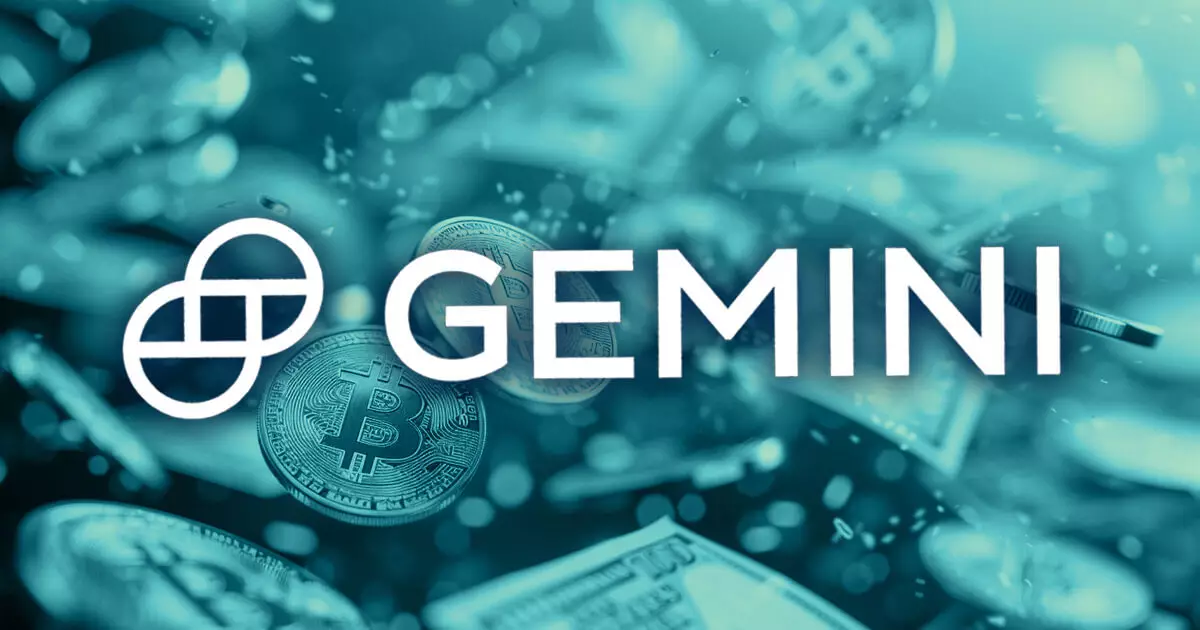The cryptocurrency exchange Gemini, co-founded by Tyler and Cameron Winklevoss, has recently navigated a significant regulatory challenge by agreeing to pay a $5 million penalty to the Commodity Futures Trading Commission (CFTC). This settlement stems from allegations that the exchange misled regulators during its efforts to introduce the first US-regulated Bitcoin futures contract. According to reports, this legal resolution preempted an impending trial scheduled to commence on January 21, coinciding closely with President Donald Trump’s second inauguration. The CFTC’s accusations centered around claims that Gemini provided “false and misleading statements” regarding the measures they had in place to prevent price manipulation within Bitcoin markets. This assertion was pivotal in the CFTC’s evaluation process for the exchange’s proposed futures contracts.
Implications of the Legal Battle
The legal tussle underscores a crucial point in the cryptocurrency industry’s evolution: regulatory scrutiny is intensifying. The Winklevoss twins, who have long positioned Gemini as a regulatory leader in the rapidly evolving crypto landscape, did not admit to any wrongdoing in the settlement. However, the allegations raised serious concerns over the integrity of the protocols that exchanges are expected to maintain regarding market manipulation. Such scrutiny extends beyond Gemini as regulators worldwide closely monitor cryptocurrency trading platforms to ensure transparency and stability.
Further complicating matters, the CFTC’s lawsuit highlighted the involvement of subpoenaed laptops belonging to two ex-Gemini executives, involving a related criminal investigation that ultimately did not result in any charges. This revelation points to the depth of regulatory inspections in the crypto sector, where even the most progressive companies face heightened accountability. Despite these challenges, Gemini has continually sought to portray itself as a trustworthy platform amidst ongoing skepticism about the cryptocurrency industry’s overall stability.
Gemini’s Market Movements and Strategic Shifts
In the wake of these regulatory challenges, Gemini announced its intention to withdraw from the Canadian market by September 30, 2024. While the exchange did not elaborate on the motivations behind this decision, the timing coincides with a wave of withdrawals from Canada by several prominent crypto firms, including Bybit and Binance. These exits highlight a growing trend in which firms are stepping back from markets with increasingly stringent regulations. This retreat signifies the mounting pressure that cryptocurrency exchanges face when navigating diverse regulatory environments.
On a more positive note, Gemini has also made strides by securing a license in Singapore, allowing it to offer cross-border money transfer and digital payment token services. This move contrasts sharply with the firm’s retreat from Canada and reflects broader global trends where markets like Singapore actively encourage the presence of crypto firms, such as Ripple and Coinbase.
As Gemini seeks to redefine its position in the cryptocurrency ecosystem, the firm must grapple with the implications of regulatory scrutiny while capitalizing on international opportunities. The settlement with the CFTC represents a critical moment in the exchange’s history, leading to valuable lessons on regulatory compliance and market integrity. Moving forward, it is essential for Gemini and its peers to strike a balance between innovation and meeting regulatory demands to ensure long-term sustainability in an ever-evolving industry.

